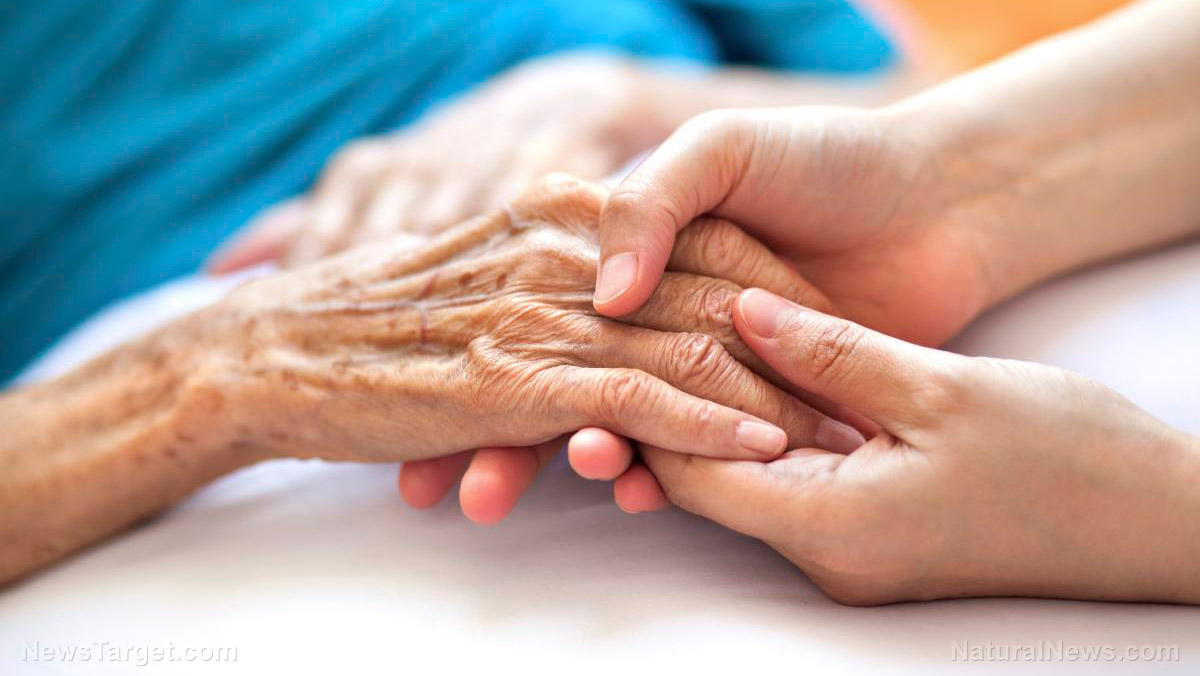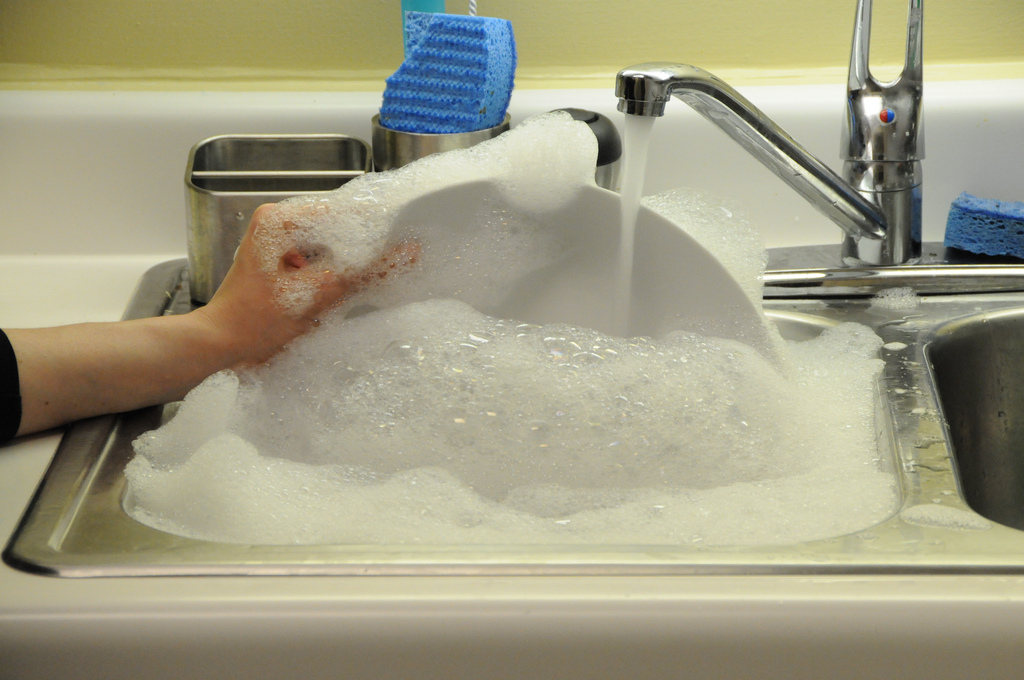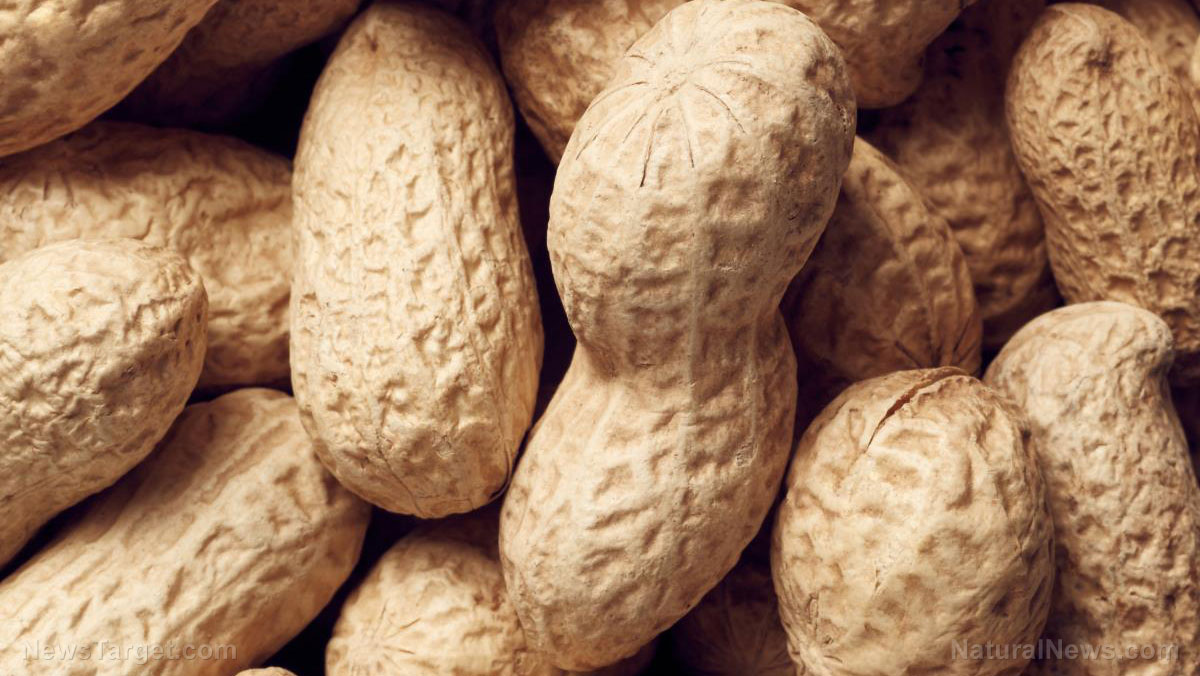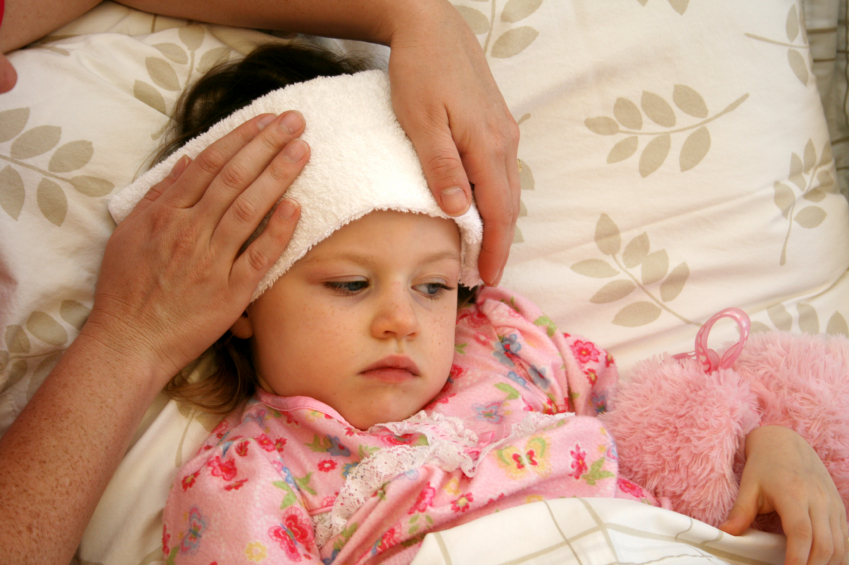Can the wrong food give you nightmares?
03/27/2019 / By Rhonda Johansson
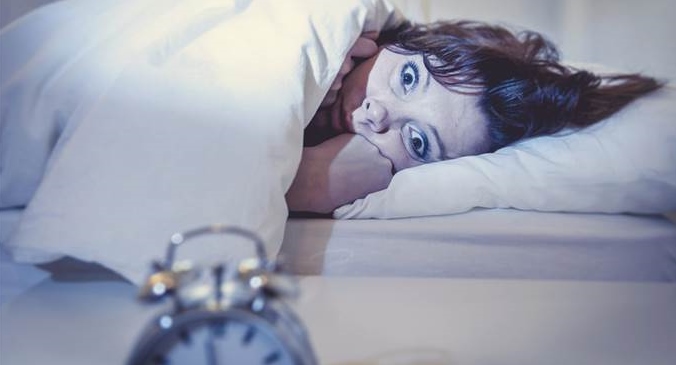
In the cracks between worlds, beyond the seams of our imagination, the monsters of our dreams scratch on the door of our reality. But could the key be the food we eat? This is a question scientists have long striven to answer. Decades of medical research that attempted to find a link between the food we eat and the experience of dreams (or nightmares) has led to the conclusion of… “We don’t know.”
During Halloween last year, Burger King announced that they had created a “Nightmare King Burger” which promised to give its eaters bad dreams. To add to their claim, the fast food brand released the results of a study that observed 100 people who ate this ghoulish burger every night for 10 nights straight before going to bed. According to Burger King, eating their Nightmare Burger increased the rate of nightmares by 3.5 times.
The burger, by the way, included a one-quarter pound of beef, a crispy chicken fillet, melted American cheese, thick-cut bacon, mayonnaise, and onions on a green sesame-seed bun.
Excellent marketing tactics aside, doctors began to wonder whether there was some truth to the study.
Could eating certain kinds of food lead to nightmares?
Maybe, say doctors
There are a few peer-reviewed studies that show that food may affect the quality of dreams. A 2015 study published in Frontiers in Psychology found that 17.8 percent of around 400 undergraduate students reported that their dreams were affected by the time they ate (e.g. eating a heavy meal late at night) or by the kind of food they ate.
More interestingly, the most commonly blamed food was dairy. Eating, or drinking, a lot of dairy just before bed seemed to induce “bizarre” or “disturbing” dreams.
Adding on to this, the British Cheese Board conducted their own study and found that eating different cheeses gave people different types of dreams – not necessarily nightmares. Eating cheddar cheese, for example, made more people dream of their favorite celebrities. Participants of this study who ate Cheshire cheese (a type of hard cheese) had nice, restful sleep but had no dreams. Authors of the study hypothesized that the different effects could be linked to the amount of tryptophan found in different cheeses. The more of this amino acid the cheese had, the more vivid the dreams.
It’s all very interesting, but sleep experts are unconvinced, saying that it’s more likely that people who have nightmares after eating cheese or drinking any dairy product may just be suffering from lactose intolerance.
There is also “real life” to think about. Sleep specialists say that stress can affect the way a person digests food. Even without eating the “wrong” foods, dreams can be a reflection of stresses experienced during one’s waking moments. If a person is stressed while awake but suppresses his emotions, he may find himself in for one Hell of a night when he finally goes to sleep. (Related: Sleeping in a hot room can cause nightmares, expert says.)
Then there’s the power of suggestion. Many cultural beliefs still warn of certain foods causing nightmares. One example would be the “bangugot” phenomenon in the Philippines. The phenomenon, which means “nightmare” in the Ilocano dialect, is caused when people eat a lot of starchy foods with alcohol, right before going to bed. The nightmare, though, extends far beyond just causing fear; many Filipinos are said to have died from their “bangugot.”
The bottom line
Eating certain foods may cause a food intolerance which may impact the quality of your sleep. Your dreams are also affected by what you experience in the waking world and can be influenced by what you believe. If you believe that eating a certain food will cause bad dreams, most likely you’ll have nightmares.
Read more articles on dreams at MindBodyScience.news.
Sources include:
Tagged Under: disease causes, dreams, food intolerance, mental health, mind body science, nightmares, research, sleep, subconcious mind

